Credit Card Security: With the ever-growing world of online transactions, credit card security has become a top priority. We all love the convenience of tapping and paying, but what happens when our plastic friends fall into the wrong hands? Fear not, savvy spenders!
Top Security Features Protecting Your Credit Card
This blog is your one-stop shop for understanding how credit cards are leveraging cutting-edge technology to keep your hard-earned cash safe.
Chip Technology: A Tiny Titan of Security
Let’s start with the chip itself, embedded in most credit cards today. This embedded microchip generates unique transaction codes for each purchase, making it significantly harder for fraudsters to duplicate your card information.
That old trick of skimming magnetic strips? Becoming a thing of the past thanks to chip technology.
Multi-Factor Authentication: Adding Layers of Defense
Remember those days when a simple password was all it took to access your credit card account? Thankfully, those times are over.
Multi-factor authentication (MFA) is now a common security feature, requiring additional verification steps like a one-time code sent to your phone or fingerprint recognition. This extra hurdle makes it much more difficult for unauthorized access.
Biometric Verification: The Future is Fingerprint (or Face) Secure
Looking ahead, biometric verification is poised to become the next big thing in credit card security. Imagine using your fingerprint or even a facial scan to authenticate purchases!
Not only is this incredibly convenient, but it also adds an unparalleled layer of protection – after all, nobody can steal your fingerprint.
Mobile App Security: Your Smartphone, Your Security Ally
Our smartphones are practically extensions of ourselves these days, and credit card issuers are taking advantage of this by offering robust mobile app security features.
These include real-time transaction alerts, the ability to freeze your card instantly if lost or stolen, and even customizable spending limits.
Tokenization: Masking Your Magic Numbers
Here’s a fancy term for an ingenious security measure: tokenization. When you make an online purchase using a digital wallet like Apple Pay or Google Pay, your actual credit card number isn’t shared with the merchant. Instead, a unique token is used, significantly reducing the risk of data breaches.
Are Credit Cards Completely Secure?
While these advancements are impressive, it’s important to remember that no security system is foolproof. Here are some additional tips to keep your credit card safe:
- Be vigilant: Monitor your credit card statements regularly and report any suspicious activity immediately.
- Shop smart: Only make purchases from reputable online retailers and ensure the website uses a secure connection (look for the HTTPS in the address bar).
- Beware of phishing scams: Don’t click on suspicious links or emails claiming to be from your bank.
By staying informed and using these security features to your advantage, you can shop with confidence, knowing your credit card is working as hard to protect your money as you are to earn it. Now that’s a financial win-win!
How to Protect Yourself from Credit Card Fraud
Credit card fraud is a serious concern, but there are steps you can take to safeguard your financial information. Here are some key ways to protect yourself:
- Monitor Your Accounts Regularly: Regularly review your credit card statements and bank account activity for any suspicious transactions. Report any unauthorized charges immediately to your card issuer.
- Be Wary of Phishing Scams: Don’t click on suspicious links or attachments in emails or text messages, especially if they claim to be from your bank or credit card company. Phishing scams try to trick you into revealing personal information.
- Use Strong Passwords: Create unique and strong passwords for your online accounts, including your credit card account. Avoid using easily guessable information like your birthdate or common phrases.
- Secure Your Physical Cards: Keep your credit cards in a safe place and never lend them to anyone. Sign the back of your cards as soon as you receive them.
- Be Cautious with Online Transactions: Only make online purchases from reputable websites with a secure connection (look for “https://” in the URL and a padlock symbol in the address bar). Avoid entering your credit card information on unsecured or suspicious sites.
- Enable Alerts: Many banks and credit card issuers offer alerts for unusual account activity. Enable these alerts so you can quickly identify and report any suspicious transactions.
- Consider Virtual Credit Cards: Some credit card issuers offer virtual credit cards, which provide a unique card number for each online transaction. This adds an extra layer of security and can help prevent fraud.
- Shred Sensitive Documents: Shred any documents containing personal or financial information before disposing of them. This helps prevent dumpster diving identity theft.
- Report Lost or Stolen Cards Immediately: If your credit card is lost or stolen, report it to your card issuer immediately to prevent unauthorized use.
By following these tips, you can significantly reduce your risk of credit card fraud and keep your financial information secure.
Additional Tips:
- Use chip-enabled credit cards whenever possible. Chip technology offers better security than traditional magnetic stripe cards.
- Be mindful of your surroundings when using ATMs or card readers at gas stations.
- Consider using a credit card with fraud protection benefits.
- Review your credit card’s fraud protection policies and understand what steps to take if you become a victim of fraud.
By staying vigilant and taking proactive measures, you can enjoy the convenience of credit cards with peace of mind.
At TheCardPedia.com, we’re your trusted guide to mastering credit cards. Explore expert insights, trends, and tips to make savvy financial choices. Start your journey to financial empowerment now!


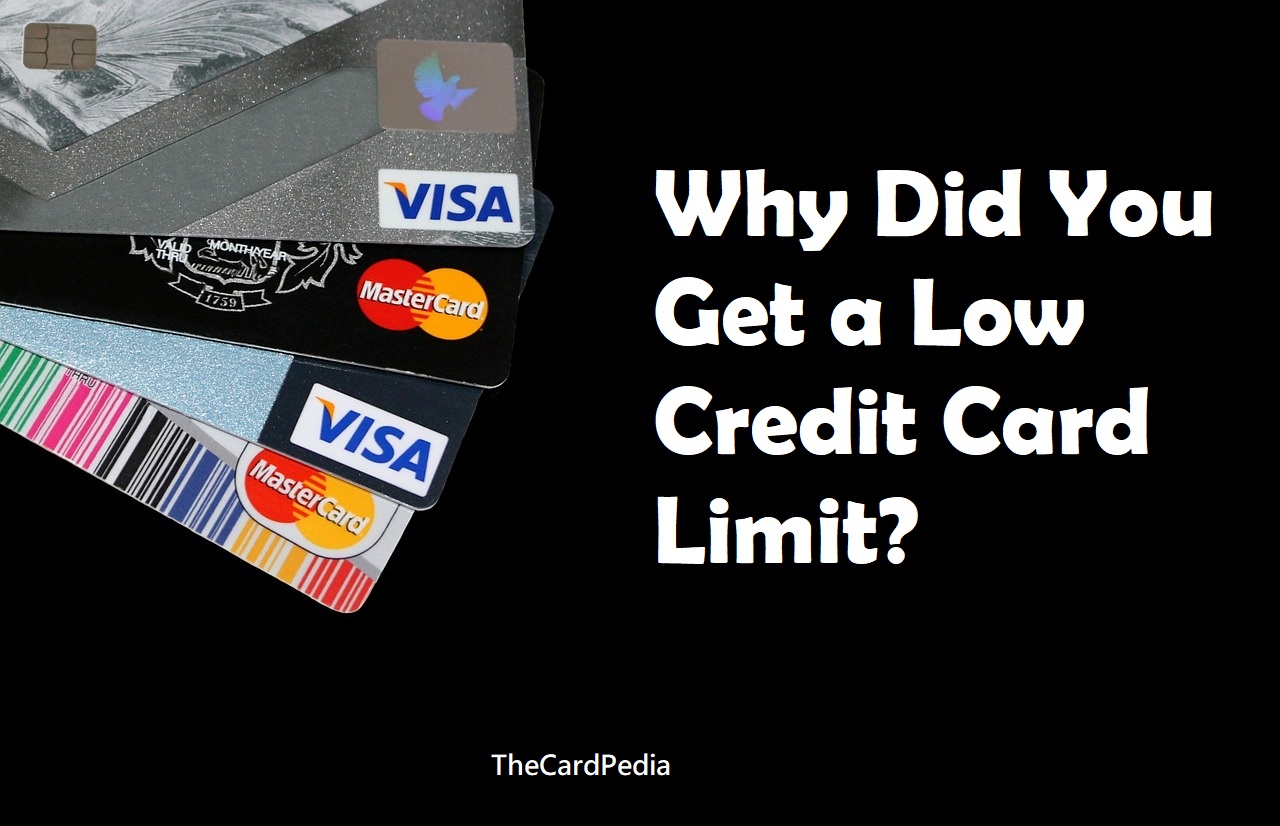
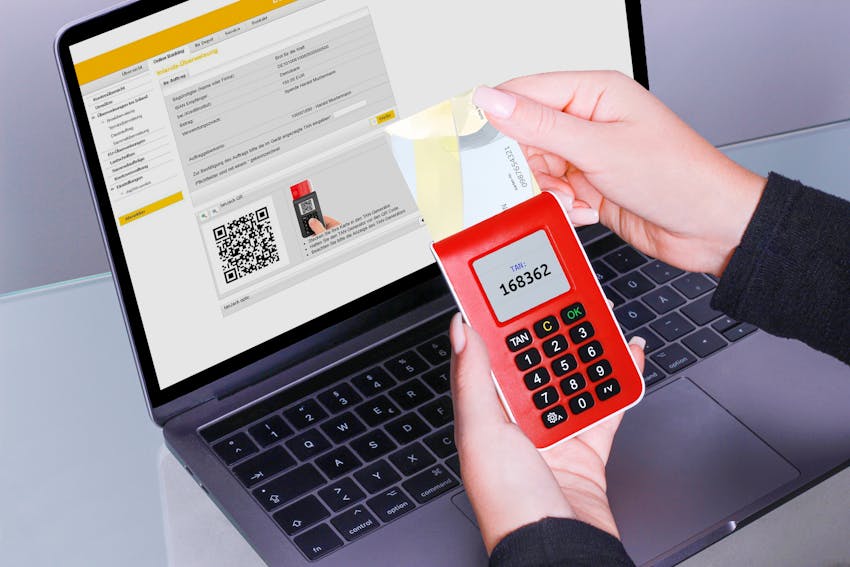



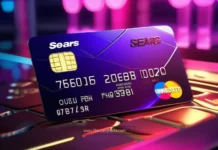








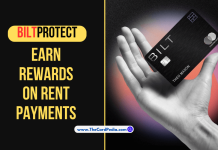


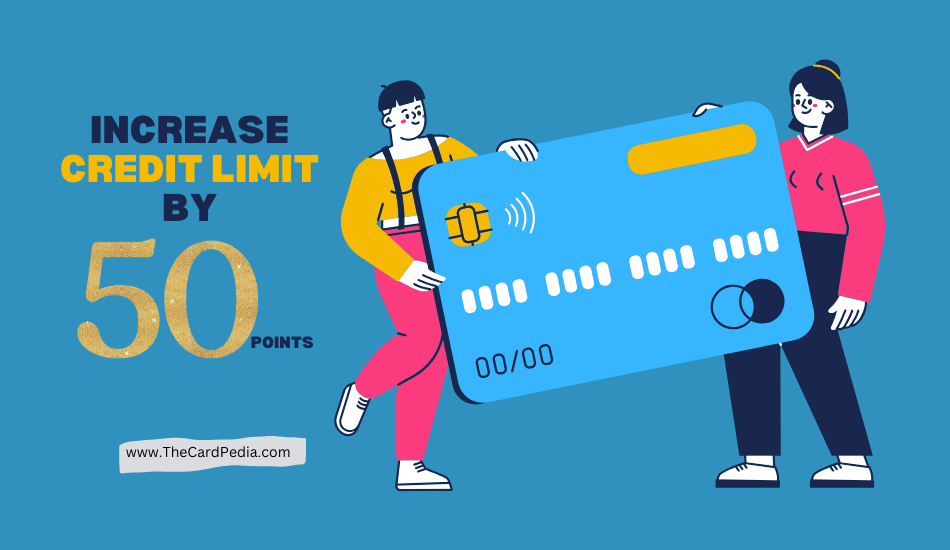







[…] 🚀 Check: Best Travel Rewards Credit Card of 2024. […]